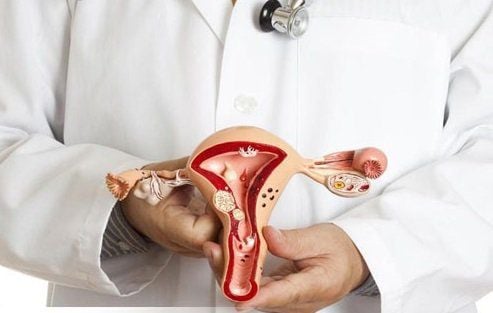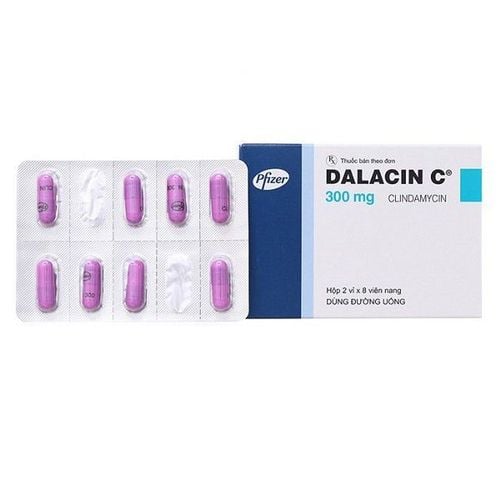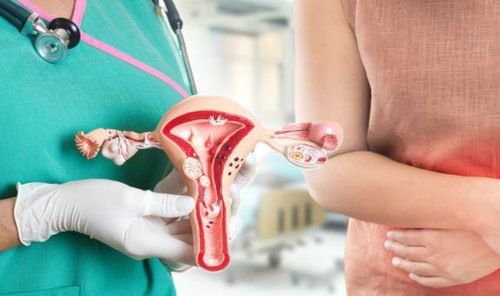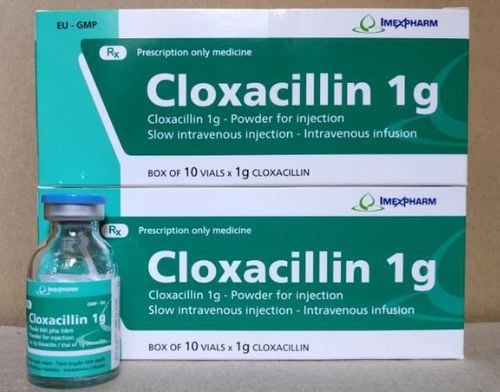This is an automatically translated article.
The article is professionally consulted by Master, Doctor Nguyen Thai Binh - Gastroenterologist - Department of General Surgery - Vinmec Ha Long International General Hospital. Master, Doctor Nguyen Thai Binh has more than 20 years of experience working in abdominal surgery.Peritonitis is one of the dangerous complications. If not detected early and treated promptly, it can cause death. There are many causes of inflammation, one of which is after obstetric and gynecological surgery.
1. Things to know about peritonitis after obstetric and gynecological surgery
The peritoneum is a cell membrane that covers part or all of the abdominal organs. Visceral rupture (perforation) in the abdomen or complications of another disease. This membrane becomes infected called peritonitis.There are two types of peritonitis, primary peritonitis and secondary peritonitis.
1.1 Primary peritonitis No visceral lesions but purulent, pseudomembranous intra-abdominal.
Bacteria from the gastrointestinal tract: Primary peritonitis is often present in patients with cirrhosis ascites,... Bacteria from the bloodstream: Septic peritonitis 1.2 Secondary peritonitis This is the result. result from inflammation of one or more abdominal organs, with or without perforation of large viscera, rupture of solid viscera or not.
Damaged organs: Peritonitis due to ruptured appendix, biliary peritonitis,.... After organ trauma After surgery and hospital infection: Any surgery in the abdomen carries the risk of causing peritonitis. . Peritonitis after obstetric and gynecological surgery is a rare but serious infectious complication.
2. Causes of peritonitis
Due to types of bacteria: Common bacteria in pelvic peritonitis are: Anaerobic bacteria: Bacteroides spp, Clostridium spp and aerobic bacteria: E.coli, Streptococcus spp, Staphylococcus spp,.. . Perforation of gastric ulcer; Appendiceal rupture ; Abdominal trauma or injury.3. Symptoms of peritonitis after obstetric and gynecological surgery

4. Treatment
4.1 Principles of surgical treatment Identify and eliminate the cause of inflammation Identify and use antibiotics to eliminate inflammatory bacteria Avoid recurrence 4.2 Surgery After a confirmed diagnosis or orientation to the inflamed peritoneum needs to be opened Emergency abdominal surgery to identify and eliminate the cause, wash the abdomen paying attention to the intra-abdominal spaces. If the cause is myositis, a hysterectomy should be considered.4.3 Antibiotics Use broad-spectrum antibiotics and combinations of antibiotics right from the start to target the inflamed peritoneum. After the results are available, use antibiotics according to the antibiogram.
Selected antibiotics:
Cefotaxime 2g: 8g daily divided into 4 times 8 hours apart, used from 5 to 14 days. Ceftriaxone 1g/24h for 5 to 14 days. Quinolones group (ciprofloxacin, ofloxacin, ) used for 7 days Antibiotics with spectrum of action on anaerobic bacteria: Metronidazol, imipenem,...

5. Prevention
Follow proper sterilization procedures. Prophylactic antibiotic use in obstetrics and gynecological surgery. The surgical cases are difficult, sticky, with a lot of fluid, blood, etc. actively put drainage, especially at the cutting apex, through the iliac fossa... After surgery, carefully monitor and accurately evaluate the surgical procedures. abdominal pain, fever. In case of caesarean section, attention should be paid to uterine contractions, color, quantity, and odor of discharge. If there is abnormality (fouling discharge, large quantity, slow or absent uterine contraction,...) it is necessary to check curettage, give drugs to contract the uterus to avoid fluid stagnation, incision opening and peritonitis. . Peritonitis is a serious complication after abdominal surgery. To prevent disease, it is not only necessary to closely monitor the doctors and nurses, but also the patient. When a patient sees unusual signs such as dull pain in the abdomen, fever, and abnormal discharge, they should immediately notify the medical staff. Vinmec International General Hospital is one of the hospitals that not only ensures ensure professional quality with a team of doctors and nurses, a system of modern equipment and technology, but also stand out with comprehensive and professional medical examination, consultation and treatment services; civilized, polite, safe and sterile medical examination and treatment space.Please dial HOTLINE for more information or register for an appointment HERE. Download MyVinmec app to make appointments faster and to manage your bookings easily.














